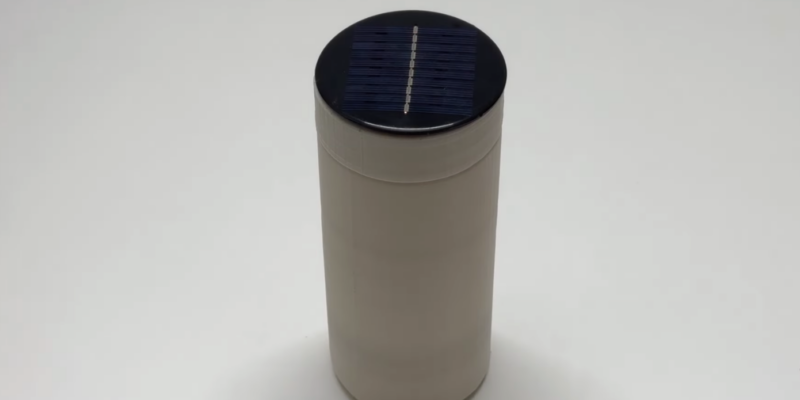
At first glance, you might think Pimoroni’s new range of woodlandthemed, multicoloured LED badges are just a cute wearable novelty item. You’d be wrong. Not only can they be connected to and triggered by analogue sensors, using conductive thread, but they’re designed to be hackable.
While the Bearables components are available individually, there are also two full kits, each featuring a badge, sensor, a generous 3 metres of conductive thread, and even some sewing needles. The only difference is that the Bear badge kit includes a tiltswitch motion sensor, while the Fox kit comes with a light sensor. Both badges and sensors have two metal hooks on the rear, around which you repeatedly loop the conductive metal thread used to connect them and sew them onto an item of clothing or a bag – you can’t put them in the wash, though, as they don’t like water.
Powered by a CR2032 coin cell that provides three to four days of fully lit use, the badges can be controlled manually using a small button on the edge to switch between various light patterns on the twelve coloured LEDs (blue, green, yellow, orange, red, and pink). Holding the button down for a few seconds puts the badge to sleep or, if a sensor is connected, selects trigger mode – in which case, depending on the sensor type, either motion or a lack of light will then activate the badge LEDs.

With no obvious connection ports, you may be wondering how you go about hacking the badge. The five tiny metal pads on the rear provide the means – via the I2C bus – to program the badge’s PIC16F1503 chip using a suitable board, such as a Raspberry Pi or micro:bit. To help you out, Pimoroni has created a Bearables Python library which allows you to switch the LED pattern, control individual LEDs to code your own patterns, use the button to trigger events, and read the voltage across the sewable hooks.
Those badge hooks can be used to read raw ADC values (0–255) from pretty much any analogue sensor, so you could attach different ones such as a sound sensor. You could also use the hooks to read pins that are pulled high or low on attached microprocessors, opening up all sorts of possibilities for using external data sources to trigger badge patterns.
Cost: From £12.50
Available from: https://shop.pimoroni.com/
Verdict: Great value for money, these cute LED badges are very hackable, offering a host of possibilities. 9/10





